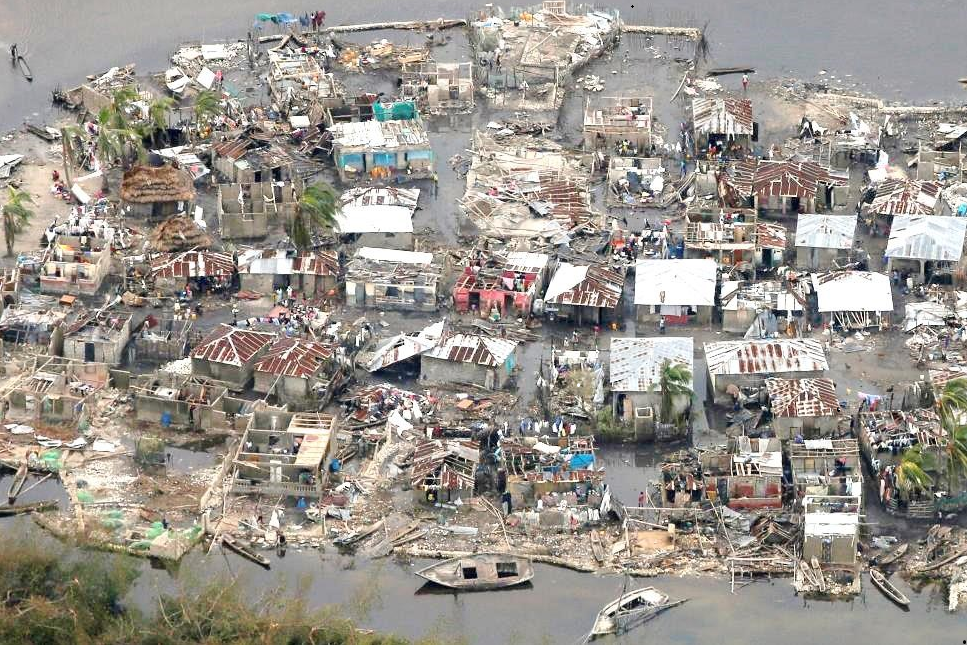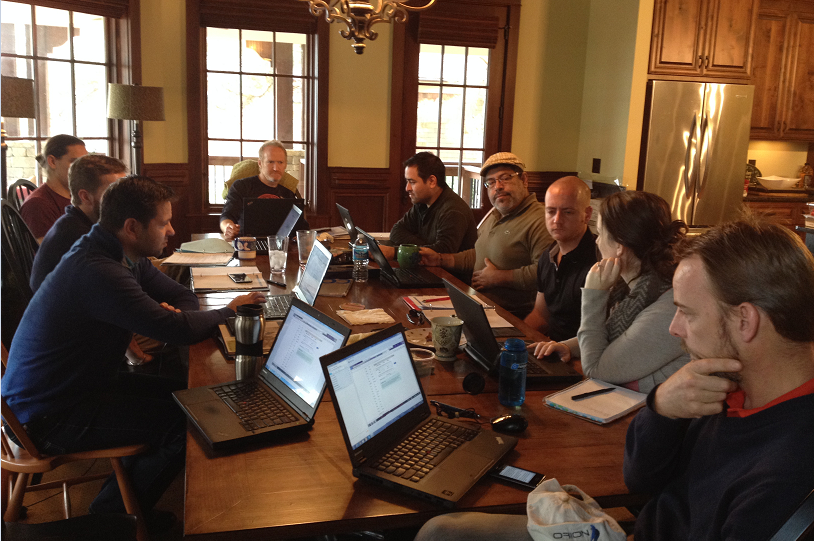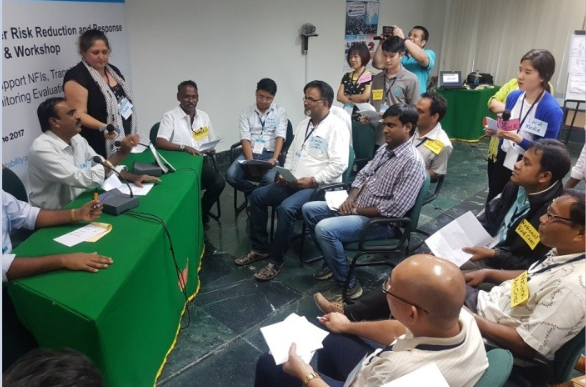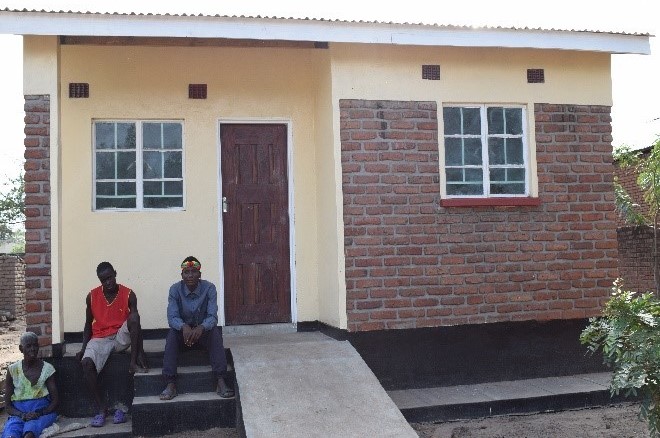



The JTI Foundation has supported Habitat for Humanity International’s (HFHI) interventions in a number of countries in response to specific natural and man-made disasters.
Between 2105 and 2018, the JTI Foundation also helped HFHI to build capacity through the establishment of a dedicated ‘International Center for Disaster Risk Reduction and Response’.
This Center has equipped an estimated 415 personnel with the latest industry standards – and with operating procedures, guides, technical documents and tools proven to deliver results in the field.
The JTI Foundation’s support has evolved into a new form. The focus of this second phase is to pilot the combining of HFHI’s expertise in Disaster Risk Reduction and Response (also referred to as DR3) with market-based mechanisms.
The program has two key elements:
The first is ‘Cementing Knowledge’. This will extend existing capacity-building measures to identify, share and develop ideas, approaches and solutions to Disaster Risk Reduction and Response across Habitat for Humanity International’s network.
The second element, ‘Pursuing Innovation’ will explore new ways to use market actors and market forces to amplify disaster preparation and recovery efforts. Particular focus areas include housing finance, housebuilding products – such as bricks, tiles and cement – and services related to housebuilding generally.
HFHI believes this market-based approach should reach far more people than is possible using field-staff to work directly with families caught up in the aftermath of distasters. In fact, it is estimated that around three million people have already benefited from initiatives related to improved market systems.
Indeed, beneficiaries of this program will likely extend beyond people directly benefiting from the pilot program, to include other low incomes families in substandard housing, peer agencies of HFHI, and the beneficiaries of their projects.
Program activities and deliverables include:
The program is also supported by HFHI’s Terwilliger Centre for Innovation in Shelter through its market development work component.